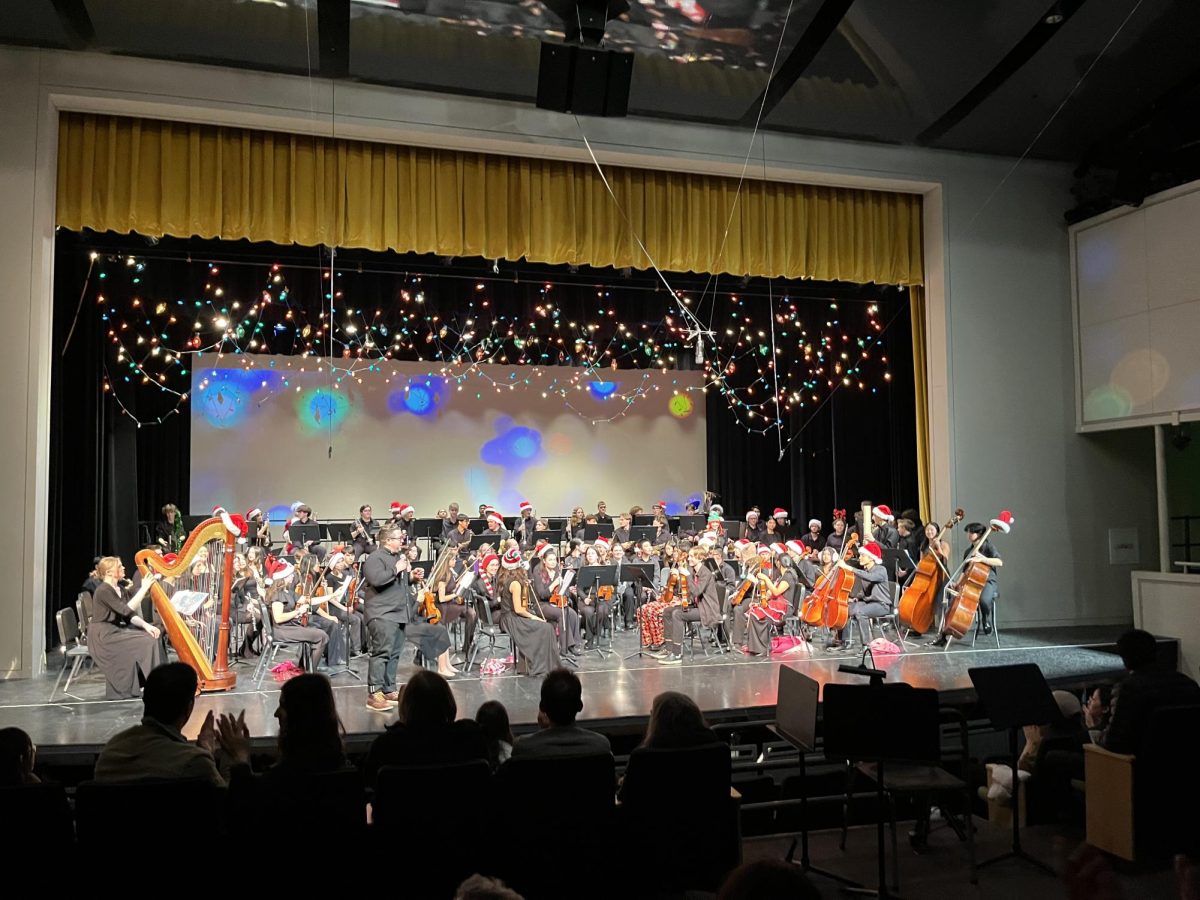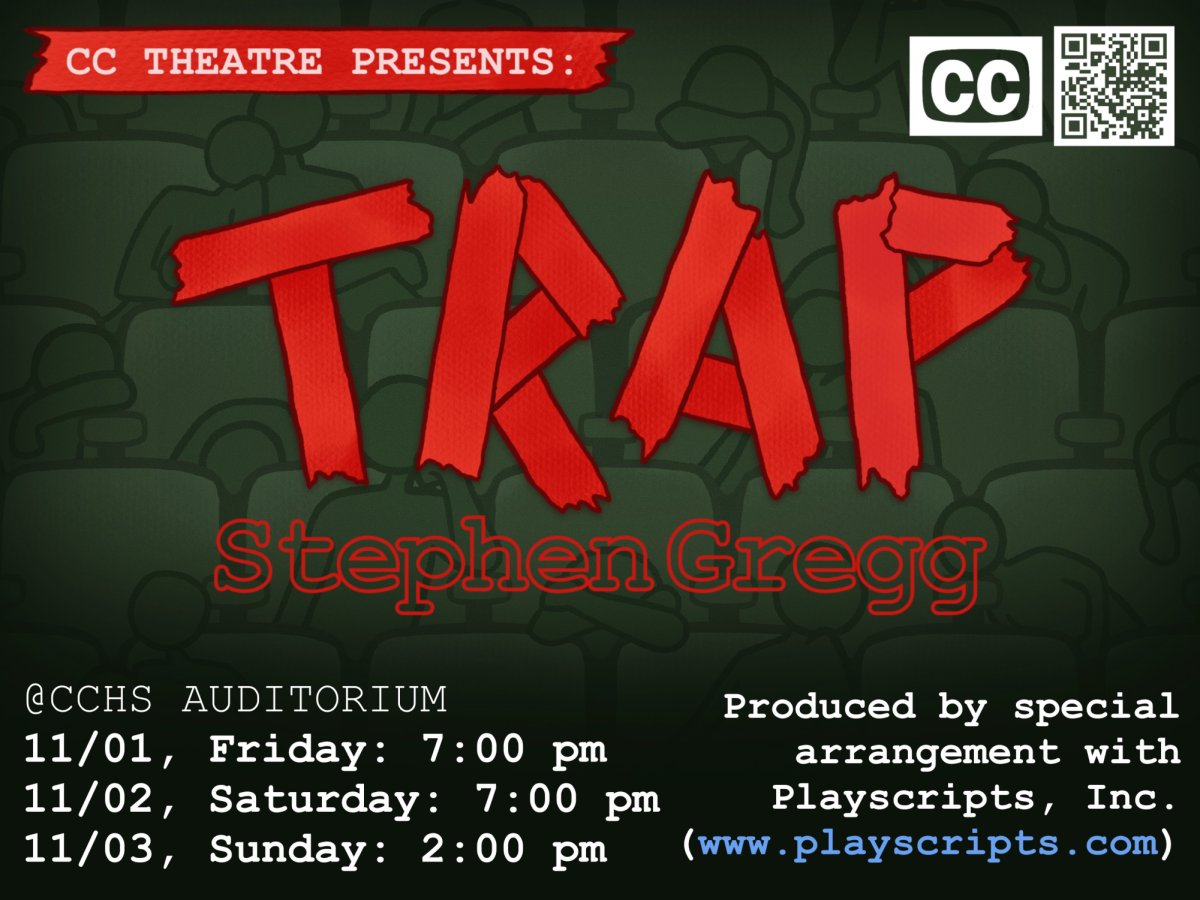We’ve survived Murder Hornets, a worldwide pandemic, and a bird flu outbreak, but a new illness is plaguing students across the United States and is taking a hit on schools everywhere, including CCHS: Bellophobia. Commonly seen in students ages thirteen to eighteen, over 65% of the CCHS population suffers from the ailment, which is why the bell sounds have been removed.
Students who suffer from Bellophobia experience symptoms such as fatigue, distress, anxiety, nausea, irritability, and difficulty concentrating. These symptoms are triggered by the sound of the bell or even the anticipation of the bell.
“By eliminating the bell, we are eliminating the sickness among students,” explained CCHS therapist, Bella Soscario. “There is a lot of worry in the student population about being late. We want them to be present and learn in the moment; not worrying about their next class.”
Preceding the decision to remove the bell, there had been multiple protests by students demanding change about the anxiety over the schedule. “I’m so glad it’s gone. I don’t think I could have survived another three years feeling that sick,” commented freshman, Tara Fyed. Math teacher, Polly Gon, praises the decision because it allows her to finish her lectures without an interruption from the bell and encourages students to calculate when the block ends on their own instead of being reliant on the bell.
Still, not all teachers are a fan of the new system. English teacher, Reed Paige, worries that the lack of bells is leading to a lack of timeliness in the student population. “I’ve noticed that many students arrive late to class or don’t arrive to class at all with this new system. Afterwards, they tell me that they just didn’t know when class started. Personally, I find that a bit suspicious.” Paige isn’t the only one noticing the dwindling attendance: administration has reported that tardies have increased by 83% and unexcused absences by 51%.
Concerned staff and parents are wondering if this new method – or lack of method – is actually benefiting the students or curing Bellophobia. “Back in my day, we didn’t run from our fear; we faced it, and we turned out just fine. The youth today has it too easy,” stated Ima Dunn, a CCHS parent. “It’s probably because of those phones.”
If you are experiencing any symptoms of Bellophobia, please don’t hesitate to reach out to the help hotline on the website https://www.bellophobia_spoof.com.


































